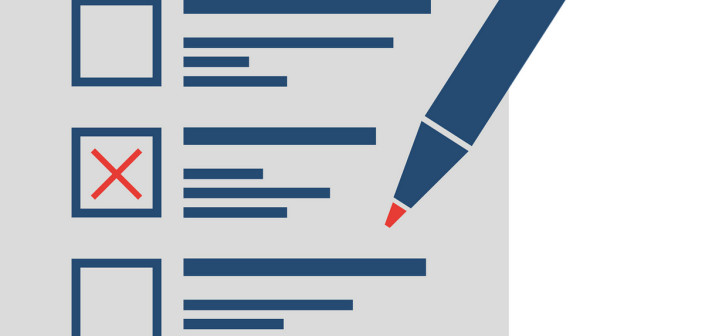A new and exclusive poll from Insights West, a market research company in Western Canada specializing in public opinion polls, and consumer panel surveys, said there is a major shift underway in Metro Vancouver’s ethnic communities when it comes to which party they are supporting this federal election. The new finding shows support in these groups for the Conservatives had plunged.
Insights West‘s survey of Lower Mainland voters who identify as East Asian and South Asian finds only 14 per cent are planning to vote Conservative.
That’s compared to 40 per cent voting Conservative during the last election in 2011. 26 per cent plan to vote Liberal and 23 per cent say they’ll vote NDP. Compare that to 14 and 11 per cent respectively in 2011.
Mario Canseco with Insights West believes this is the result of the Conservative focus on cultural issues like the niqab, second class citizenship under a Tory-passed law called Bill C-24 and the government’s failure to respond to Syrian refugee crisis after the Conservatives cut funding for refugees in 2012.
“There’s not a lot of connection with the Conservatives at this point and Justin Trudeau seems to be hitting the right tone when it comes to citizenship, when it comes to other issues that are related to immigration and the refugee crisis. The voters in this area who used to come out for Conservatives are now looking at the Liberal candidates as the best choice,” Canseco explained.
He suspects the Conservatives are shifting strategy and playing to their traditional base of Reform and Alliance voters. “There’s not a lot of talk about multiculturalism unless it’s in the context of trying to make everything more homogeneous and I think this might be backfiring on them,” he adds.
Canseco says it’s no longer enough for these voters that the candidate in their riding speaks their language or came from the same region as them. He says they are paying attention to issues and are finding the Conservatives’ values aren’t aligning with their own.
But the real growing group here is the undecided. Canseco explains 30 per cent say they don’t know how they’ll vote yet. “You’re essentially losing a third of your base or a third of your base is not quite sure whether they want to vote for you in this election and this is definitely different. Usually the level of undecided tends to be a little bit lower at this stage in the game.”
Meanwhile, a majority of British Columbians regard Canada’s Conservative government as a poor economic manager, a new Insights West poll conducted for Business in Vancouver has found.
The highest rating on the economy for Canada’s governing party comes from men (49%), British Columbians aged 55 and over (48%) and residents of Metro Vancouver and the Fraser Valley (44%).
Respondents were also asked which party leader they would trust to be in charge of the company where they are currently employed. Just over a quarter (27%) selected New Democratic Party (NDP) and Official Opposition leader Thomas Mulcair, while Liberal leader Justin Trudeau and Conservative leader and Prime Minister Stephen Harper are tied with 20% each. Elizabeth May of the Green Party is fourth, with 14%.
British Columbians are deeply divided when asked which of the contending parties would be the best to deal with six specific economic issues:
- Helping small businesses in BC succeed (NDP 26%, LIB 22%, and CON 16%)
- Diversifying the Canadian economy (LIB 25%, NDP 23%, CON 19%)
- Improving the Canadian economy (CON 24%, LIB 24%, NDP 23%)
- Stimulating growth for businesses in BC (NDP 22%, LIB 22%, CON 19%)
- Representing the interests of BC businesses (NDP 22%, LIB 20%, CON 19%)
- Working in conjunction with the BC government (LIB 22%, NDP 21%, CON 15%)
In the online survey of a representative provincial sample, 51% of British Columbians think the performance of the Conservative government handling Canada’s economy has been “bad” or “very bad”, while two-in-five (41%) deem it “very good” or “good”.




